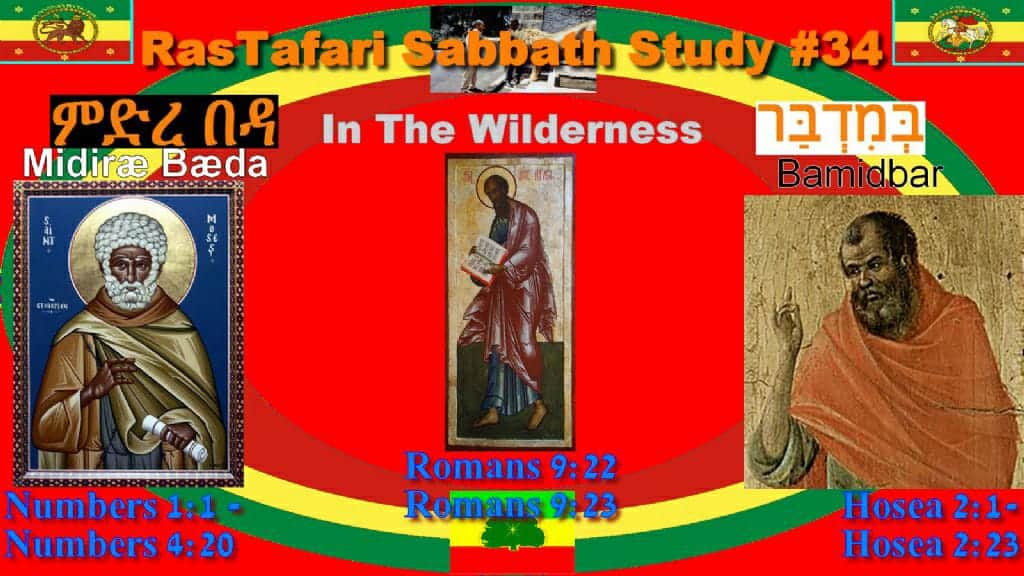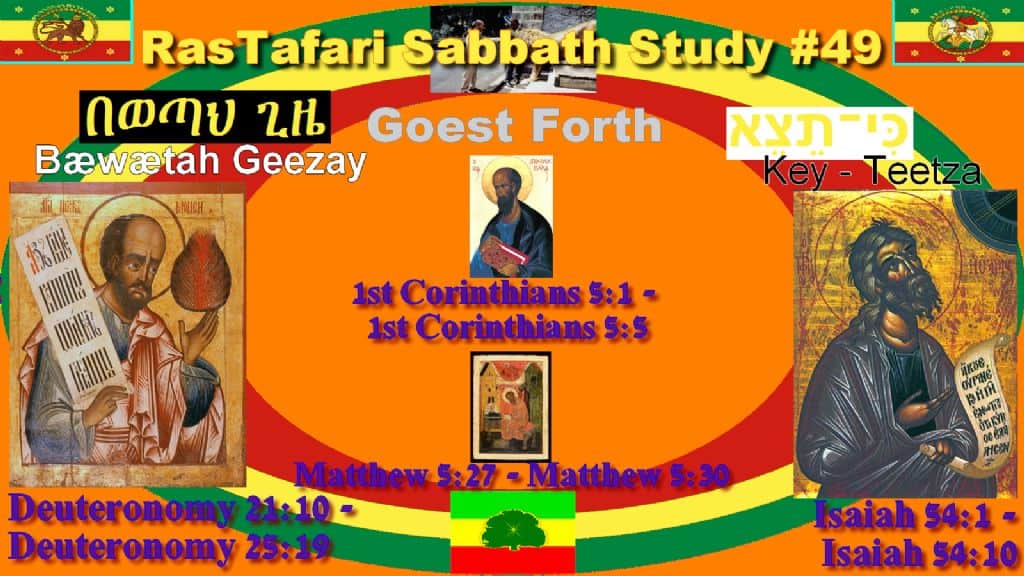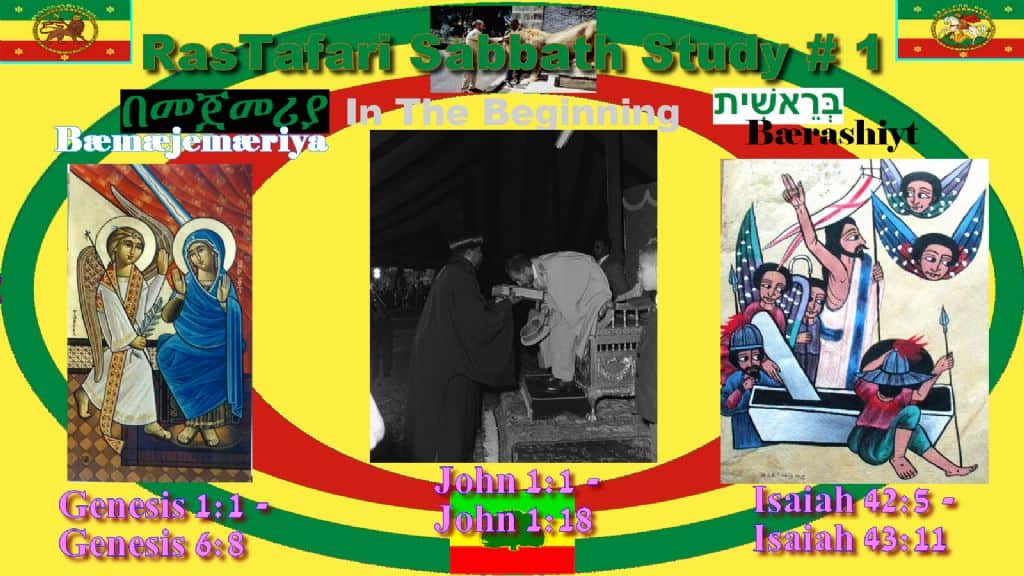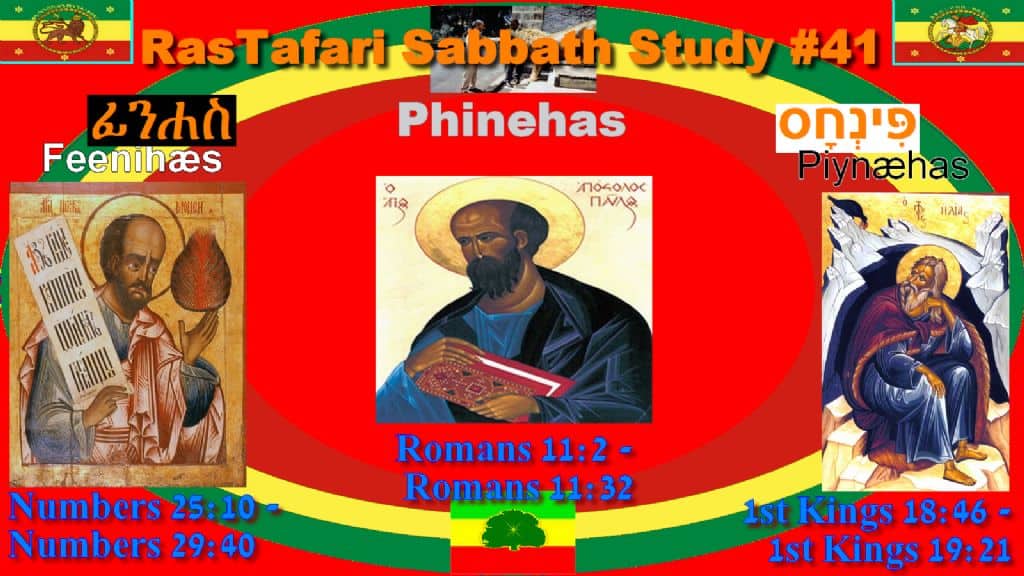This Week's Portion #23
Pekudei | פקודי | "Accountings of- Countings" እቃ ድምር ይህ ነው | ‘Iqa d’m’r [y’h’new]
*For a PDF version of All the Torah Portions Schedule, click here to download!
2. Prophets Reading
1 Kings 7:51-8:21
3. New Testament Reading
1 Cor 3:16-17; Hebrews 13:10
Portion Outline - TORAH
- Exodus 38:21 | Materials of the Tabernacle
- Exodus 39:1 | Making the Vestments for the Priesthood
- Exodus 39:32 | The Work Completed
- Exodus 40:1 | The Tabernacle Erected and Its Equipment Installed
- Exodus 40:34 | The Cloud and the Glory
Portion Outline - PROPHETS
- 1 Kings 7:13 | Products of Hiram the Bronzeworker
Portion Study Book Download & Summary
SHEMOT Hebrew Book of Exodus - Torah Portion Vol.2 (FREE PDF)
Pekudei
The twenty-third reading from the Torah and last reading from the book of Exodus is called Pekudei (פקודי), which means “Accounts.” The first words of the first verse of the reading could be literally translated to read, “These are the accounts (pekudei) of the Tabernacle” (Exodus 38:21). The last reading from Exodus begins with an audit of how the contributions for the Tabernacle were used. The portion goes on to describe the completion of the Tabernacle and its assembly and concludes by depicting the glory of the LORD entering it. In most years, synagogues read Pekudei together with the previous portion, Vayakhel; therefore, the comments on this week’s reading will be brief.
Portion Commentary - Pekudei
The Glory and the Tabernacle
Thought for the Week:
The paradox between the immanence of God and the transcendence of God paradox is illustrated in the mechanics of the Tabernacle. The uncontainable, inapproachable God is somehow contained (so to speak) within and maybe approached within a physical Tabernacle on Earth. The paradox between immanence and transcendence is also obvious in our sorry attempts to form a Christology which would explain the divine nature of Messiah. It is a mystery no less profound than the mystery of God taking up residence within the space of the Tabernacle. It would seem to be an impossibility; nonetheless, He did.
Commentary:
A sudden shout rose up through the assembly and all eyes were fixed upon the mountain. The cloud which had covered the top of the mountain these many days seemed to be descending. Yes, it was, rolling and cascading down the mountainside like a sudden avalanche of vapor, mist and smoke.
A panic spread through the people; a holy terror seized every heart. As if choreographed in advance, all Israel—every man, woman and child—fell prostrate to the ground. There was a brilliant light emanating from the cloud as it dropped from the top of Mount Sinai. The peak of the mountain was now visible, gleaming in the sun. Without the cloud covering it, it seemed to be a small, humble and insignificant mountain after all. The LORD had left Sinai.
Then the cloud covered the tent of meeting, and the glory of the LORD filled the tabernacle. Moses was not able to enter the tent of meeting because the cloud had settled on it, and the glory of the LORD filled the tabernacle. (Exodus 40:34–35)
God had taken up residence in the Tabernacle, but He was unapproachable. Even Moses, who was accustomed to standing upon Mount Sinai and basking in the glory of the presence of the LORD, could not enter. How is it, then, that Moses was able to withstand God’s glory on Mount Sinai, yet was not able to enter into the Tabernacle?
When Moses ascended Sinai, he entered into the true Tabernacle, the very courts of God. Thus the glory of God on the mountain represents the glory of God in the World to Come and the New Covenant, whereas the glory of God in the Tabernacle is His glory in the this World and covenant. That is the reason Moses can approach on the mountain, but was unable to do so when the glory descends to the earth. The mountain symbolized the Heavenly reality. Thus even Yeshua had to veil His glory (except while on the mountain of transfiguration--a parallel to Sinai). His glory will only be fully revealed when the heavenly reality is fully realized on Earth. In that day, God’s people will be able to approach the Glory without restriction, as John notes, “I saw no temple in it, for the Lord God the Almighty and the Lamb are its temple. And the city has no need of the sun or of the moon to shine on it, for the glory of God has illumined it, and its lamp is the Lamb.” (Revelation 21:22-23)

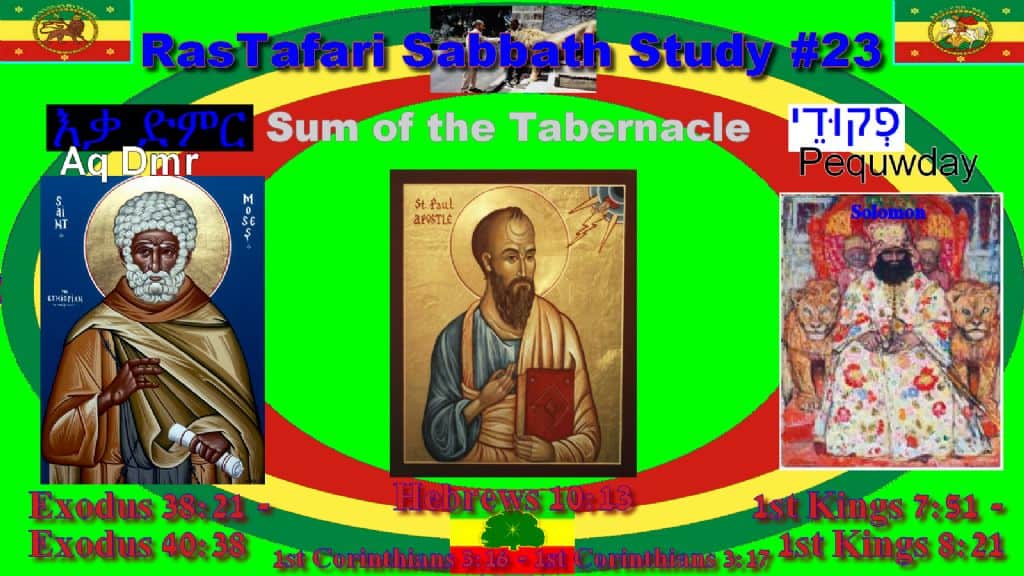
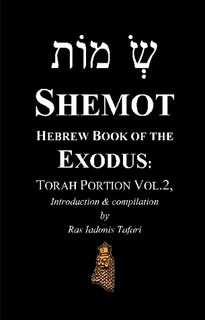
![Pekudei | ויקהל | "Accountings of- Countings" እቃ ድምር ይህ ነው | ‘Iqa d’m’r [y’h’new] Pekudei | ויקהל | "Accountings of- Countings" እቃ ድምር ይህ ነው | ‘Iqa d’m’r [y’h’new]](https://lojs.org/wp-content/uploads/2019/03/Discipleship-Radi0-RasTafari-Bible-Readings-23_.jpg)
![Pekudei | ויקהל | "Accountings of- Countings" እቃ ድምር ይህ ነው | ‘Iqa d’m’r [y’h’new] Pekudei | ויקהל | "Accountings of- Countings" እቃ ድምር ይህ ነው | ‘Iqa d’m’r [y’h’new]](https://lojs.org/wp-content/uploads/2019/03/Discipleship-Radi0-RasTafari-Bible-Readings-23_2_.jpg)
![Pekudei | ויקהל | "Accountings of- Countings" እቃ ድምር ይህ ነው | ‘Iqa d’m’r [y’h’new] Pekudei | ויקהל | "Accountings of- Countings" እቃ ድምር ይህ ነው | ‘Iqa d’m’r [y’h’new]](https://lojs.org/wp-content/uploads/2019/03/Discipleship-Radi0-RasTafari-Bible-Readings-23_2_1-1024x576.jpg)
![Pekudei | ויקהל | "Accountings of- Countings" እቃ ድምር ይህ ነው | ‘Iqa d’m’r [y’h’new] Pekudei | ויקהל | "Accountings of- Countings" እቃ ድምር ይህ ነው | ‘Iqa d’m’r [y’h’new]](https://lojs.org/wp-content/uploads/2019/03/Discipleship-Radi0-RasTafari-Bible-Readings-23_2.jpg)
